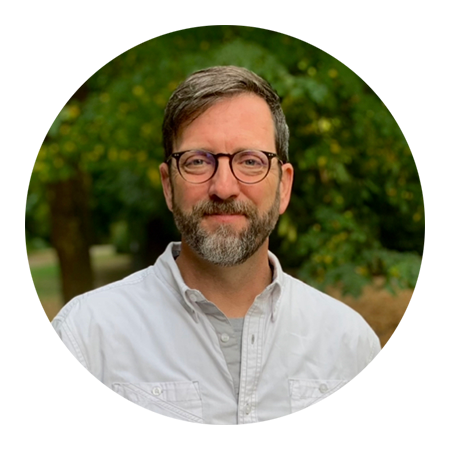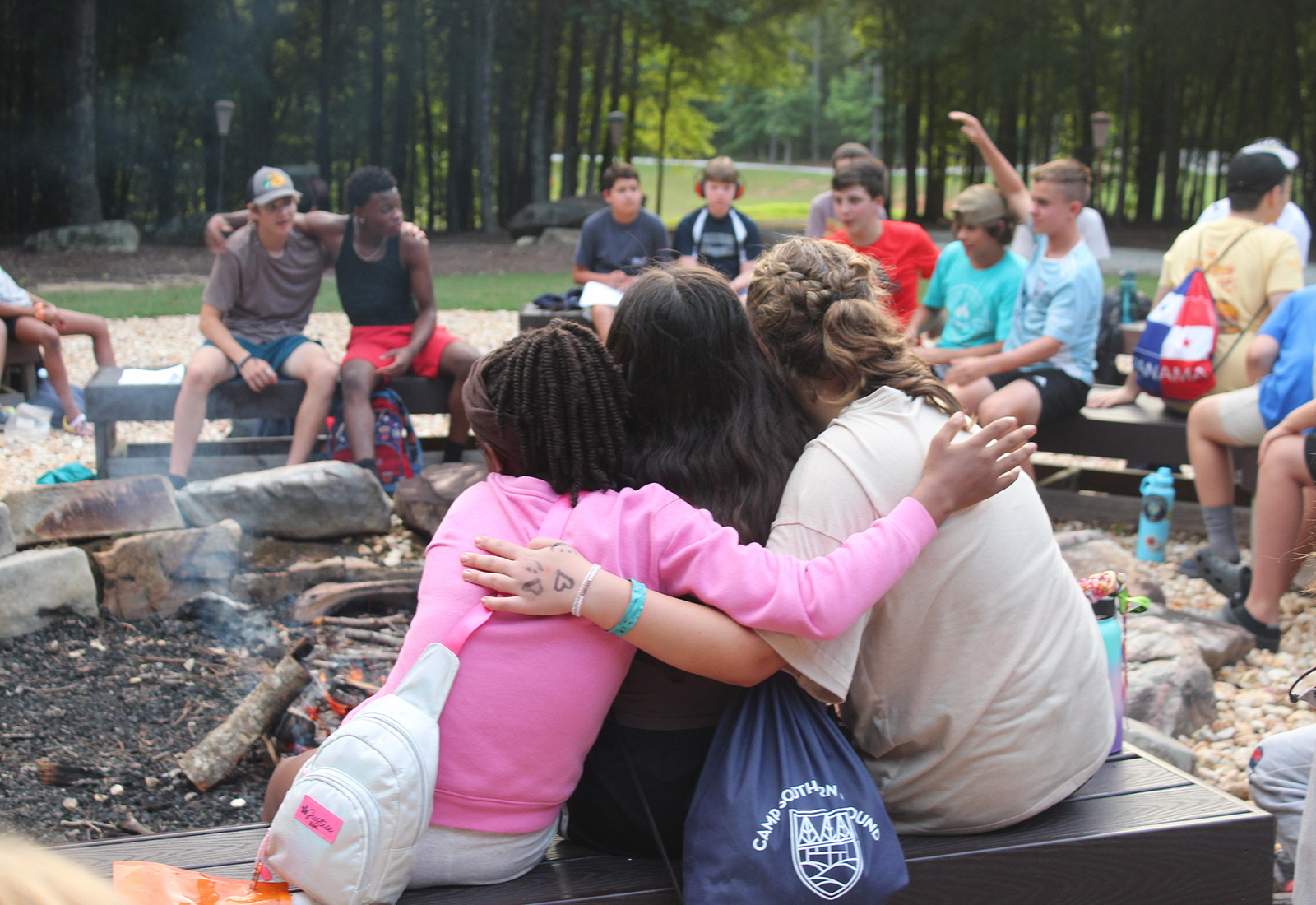 To say that I am a fan of summer camp is not only an enormous understatement, it is also a little off the mark. Having spent the last 32 years in some way involved in working at or running summer camp programs for children and families across the country, I guess you could say I am a summer camp enthusiast. It’s not what we do at summer camp that really keeps me coming back, it’s how we do it. More importantly, why we do it. My name is Matthew Cook and I am the Summer Camp Director here at Camp Southern Ground in Fayetteville, GA.
To say that I am a fan of summer camp is not only an enormous understatement, it is also a little off the mark. Having spent the last 32 years in some way involved in working at or running summer camp programs for children and families across the country, I guess you could say I am a summer camp enthusiast. It’s not what we do at summer camp that really keeps me coming back, it’s how we do it. More importantly, why we do it. My name is Matthew Cook and I am the Summer Camp Director here at Camp Southern Ground in Fayetteville, GA.
I have always found that, as my friend Michael Jay Garner says, “Camp is the shortest distance between inspiration and execution of your best ideas, and your best self.” Camp is that place where you feel a deep sense of belonging to the people, the place, and the activities that you do every day. The magic of the summer camp experience is really not magic at all, it’s the result of a few simple ingredients mixed together and baked for six days in the social context of safety, respect, and profound kinship.

As parents, we are painfully aware that our children’s generation is struggling with unprecedented levels of mental health challenges and social skills deficits. While there are many studies and statistics about summer camp and the physical and social well-being of young people, I go back to the recipe I mentioned earlier, and that is the recipe for our Inclusion Program.
The ingredients are as follows:
- An intentional community dedicated to creating a social context of safety, respect, and profound kinship or what we call “belonging.”
- Time away from home in a dramatic and novel environment with new and inspiring activities that promote interactions with peers and caring adults.
- Time spent in the natural world away from electronics of all kinds.
Mixing these ingredients together during each six-day session throughout the summer gives our campers what sociologist James Coleman referred to as “social capital.” This refers to the individual relationships, networks, and ultimately the entire Camp community. Sociologist Robert Putnam describes how “para-social interactions” like those experienced through watching television, surfing social media, and consuming content on TikTok/Instagram/Snapchat. These things act as poor substitutes for playful, creative, face-to-face interactions like those that children have all day long at camp.
If you are of a certain age, you may recall the television program Cheers. Do you remember the theme song and what was special about this pub in Boston?
“Sometimes you want to go
Where everybody knows your name
And they’re always glad you came
You want to be where you can see
Our troubles are all the same
You want to be where everybody knows your name”
Well, as it turns out finding these places is predictive of high well-being scores in all corners of our lives. In 1995, Robert Putnam wrote an article called “Bowling Alone” where he described places like Cheers as “third-places.” When it comes to building, social and trustworthiness in our lives, we generally have home and work or school as our primary and secondary places. This “third-place” concept is one that describes the club you belong to, the PTA, the community theater group, choral group, bowling league, the neighborhood watch group, the gym, and the local diner where an eclectic group of people meet for coffee or breakfast regularly. This is what Camp becomes to those who truly invest in the experience.
Camp is a place where everybody knows your name, and they’re always glad you came. In the closeness of this social context, we feel ourselves called to a place of greater self-responsibility. We tend to be more dedicated to developing trustworthiness among our networks and communities and feel more called to our highest self. This is true for our seven-year-olds, our 12-year-olds, our 17-year-olds, and, most importantly, our summer staff members who come to this place to create the magic.

I believe that the last ingredient listed, time spent in nature, is a tremendously impactful, therapeutic practice for the mental and physical well-being of our children and the care and nurturing of their creative spirit. In his extraordinary book Last Child in the Woods: Saving Our Children from Nature-Deficit Disorder, Richard Louv talks about the importance of getting outdoors and exploring the natural world to experience unstructured exploration and play.
“Time in nature is not leisure time; it’s an essential investment in our children’s mental and physical health (and also, by the way, in our own).”
So… does summer camp make a difference? Yes. All children deserve an opportunity to feel what it’s like to truly belong, to be returned to their innate goodness and worthiness, and to use all of their senses to experience the world! The real question is, why does Camp Southern Ground make a difference specifically? And the answer is… because of the intentionality and attention to detail that sets us apart. Because more than 60% of the fruit and vegetables that we eat in the dining hall are grown right here in our own garden. Because we build strong friendships, strong bodies, and strong character. Because we recognize and grow your strengths, and the strengths of those around you. And most importantly, because here, everybody DOES know your name and is ALWAYS glad you came.
Matty Cook
Camp Director
Camp Southern Ground
